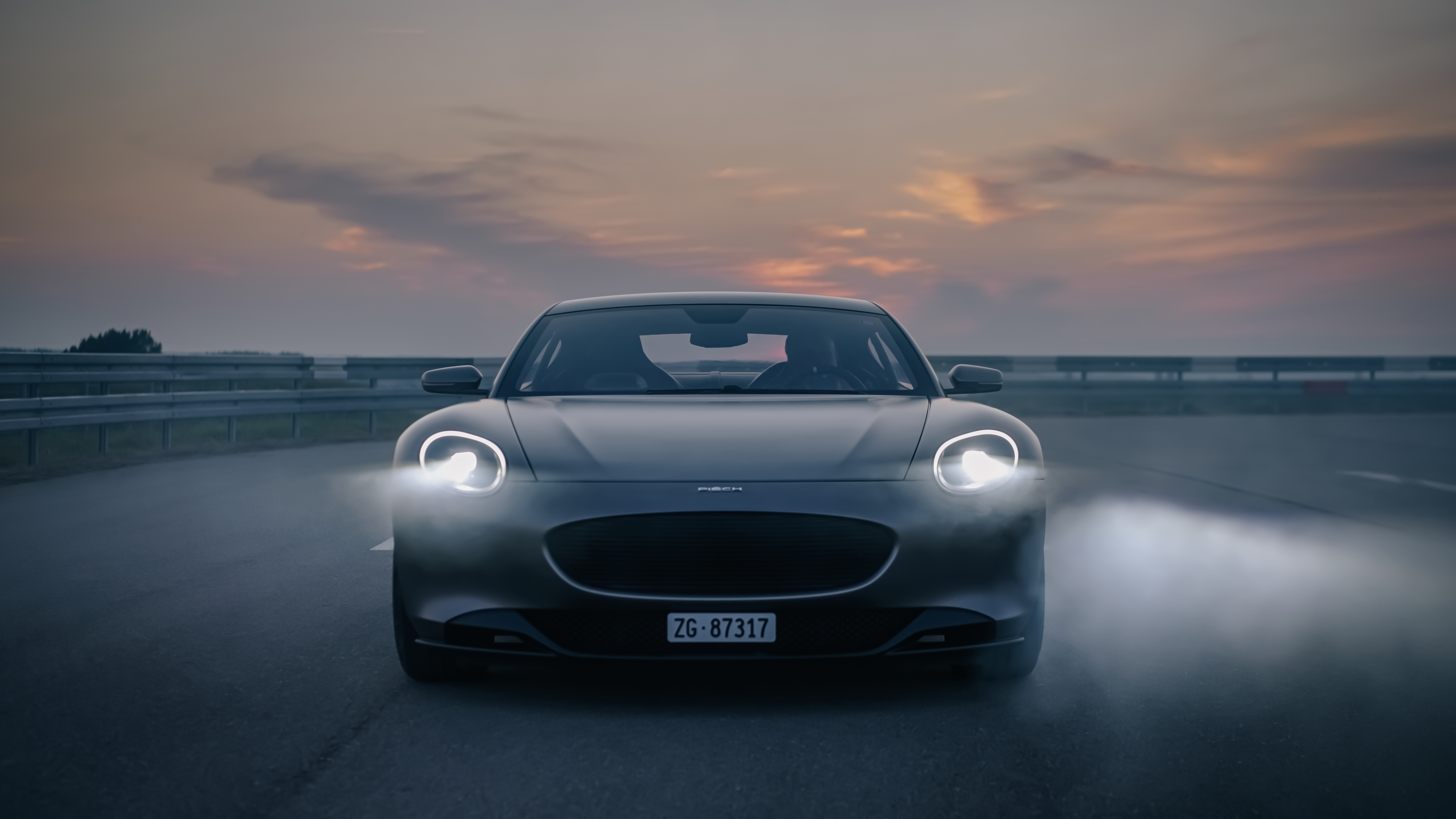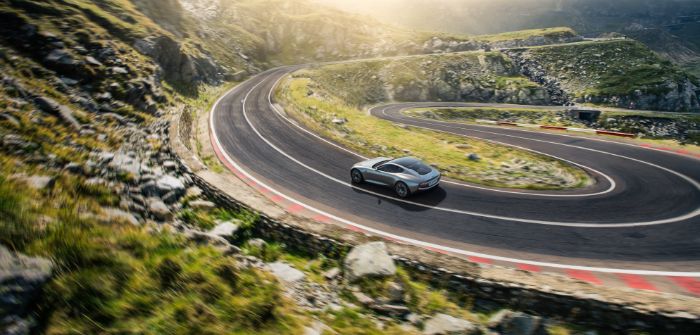Testing of the production model of the Piëch Mark Zero electric sports car concept – project named the Piëch GT – has gathered momentum. Revealed at the Geneva Motor Show 2019 in concept form, the Swiss auto maker is targeting a mid-2024 launch.
Toni Piëch, co-founder and CEO of Piëch Automotive, said, “Despite the global Covid-19 pandemic, we have managed to overcome the resulting delays and keep the project fully on track. The financing rounds to date have been successful, and we can now confidently continue our journey toward market launch.”
Since the first reveal, battery cell development has been moved from China closer to Europe. In August, the engineering team moved from their Munich base in Germany into a new test center near Memmingen, which is said to provide preferable working conditions.
“We have a test track and the appropriate logistics at our disposal here, which will substantially advance the development of the Swiss sports car,” explained Klaus Schmidt, CEO and CTO of Piëch Engineering, who has more than 30 years experience heading up BMW’s high-performance department at M under his belt.

According to Schmidt, the trial phase is going to plan. The latest portion of the project involved confirmation of the Piëch GT’s range, which is claimed to be 500km under the WLTP. The car’s charging concept and technology was also validated.
“Thanks to close cooperation with our partner in China, we have found a solution that enables a full charge in less than five minutes. Considering the later series production, and to ensure shorter procurement routes for the charging stations, Piëch decided to partner with German companies for the development.
“Thanks to the reliable charging concept, the Piëch GT can be charged to 80% capacity in eight minutes at any CCS2 fast-charging station. A fast charger specially developed by TGood enables this process to be completed in under five minutes. This fast charger still has the same Desten cell as in the first prototype. These are impressive figures,” said Schmidt.
A second prototype will be built for testing by next March. A further batch of prototypes will be made before the end of 2022. Based on the test results from these prototypes, another batch of prototypes will then be built in 2023.
Noted Schmidt, “Piëch is exactly following the tried-and-tested testing cycles of German premium manufacturers here, with trials in heat and dust, in sub-zero temperatures with ice and snow, and on demanding roads and racetracks such as the Nürburgring Nordschleife, to be able to meet our target of starting series production in 2024.”
The modular architecture beneath the Piëch GT is designed to be flexible, enabling a variety of different vehicles to be based off of it. Piëch’s initial focus is on the two-seater, and an SUV and a sports sedan will be added to the line-up later. As CEO Piëch noted, the OEM is also keeping its options open in terms of powertrains. For example, the platform could enable integration of hydrogen fuel cell tech in future, if deemed a suitable avenue.


